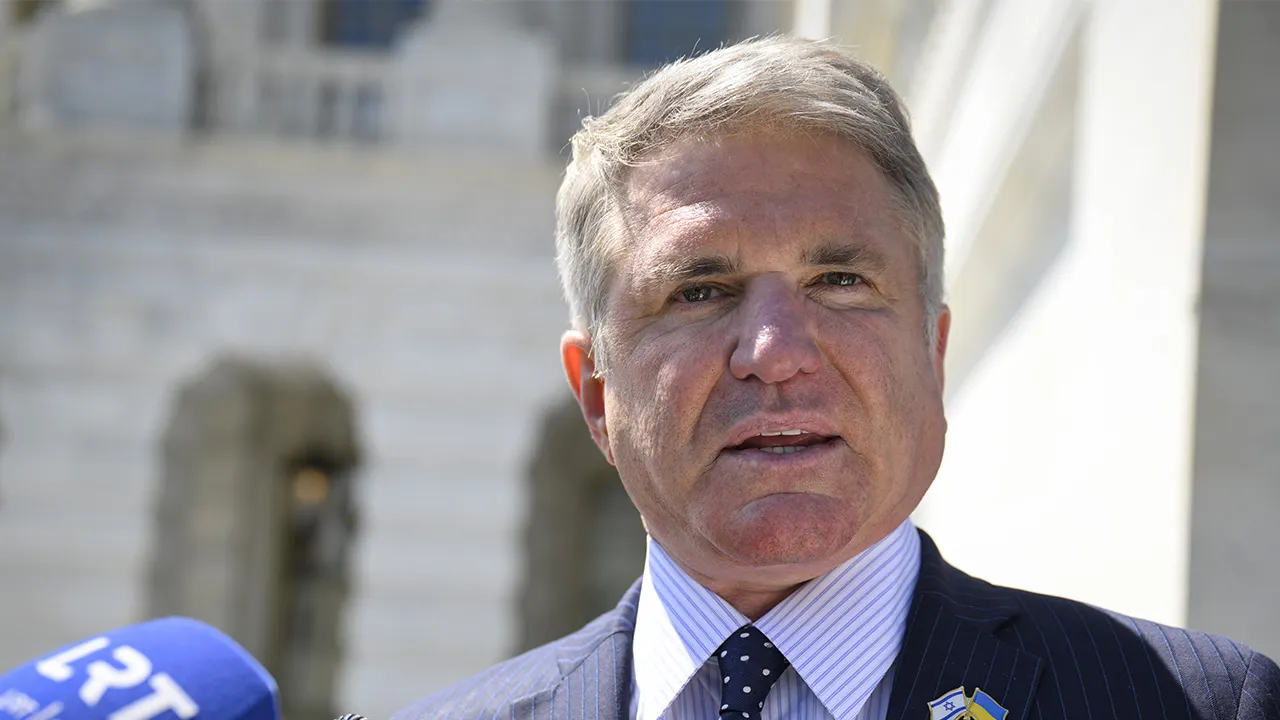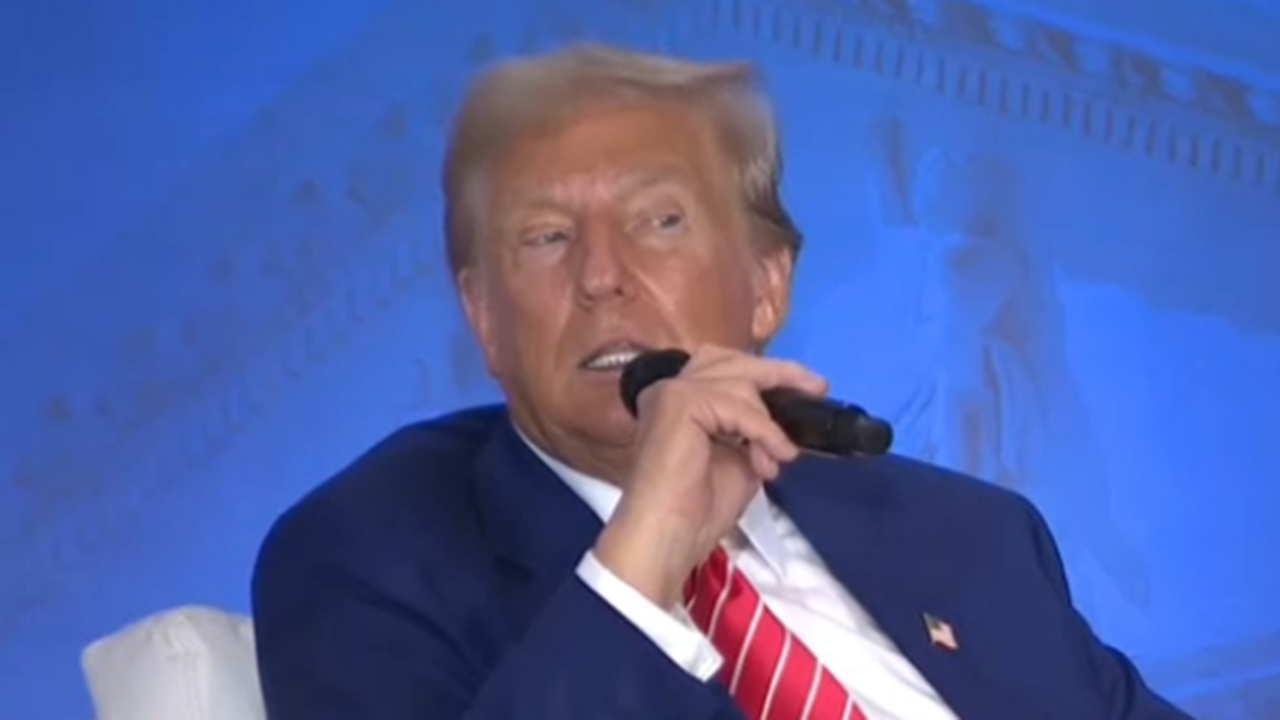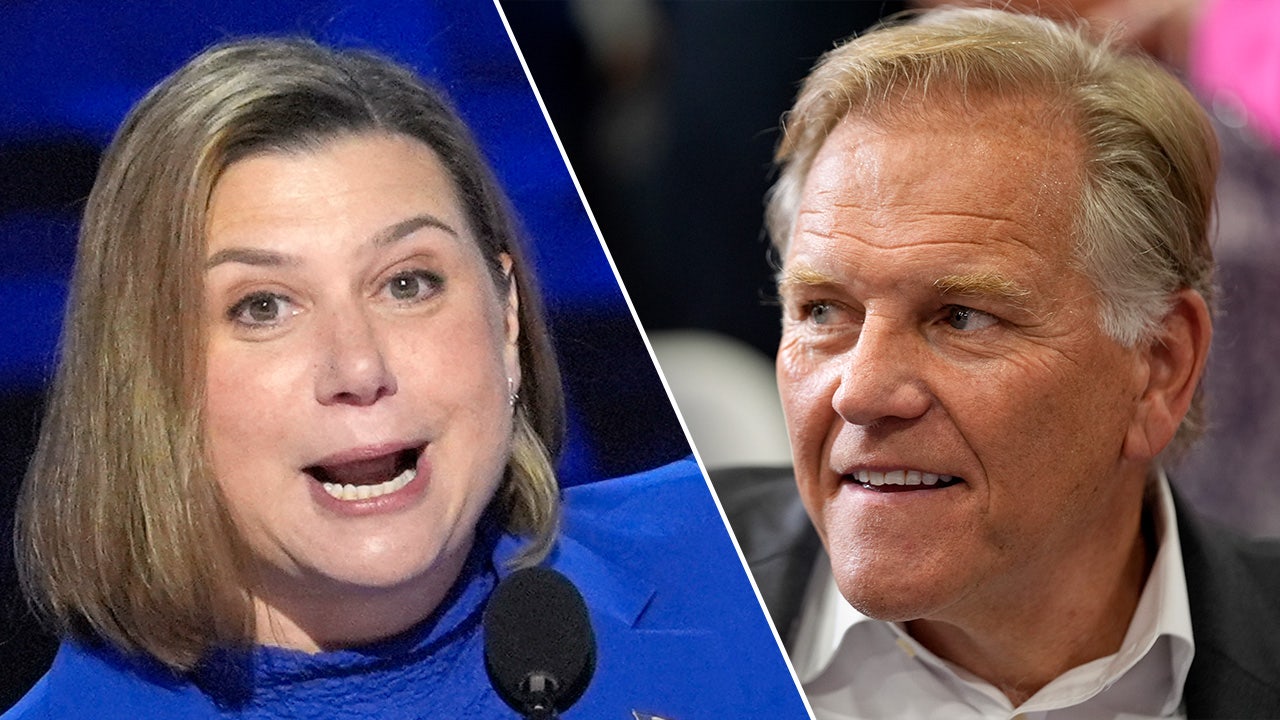OMAHA, Neb. (AP) — With ballot deadlines approaching, courts in Nebraska and Missouri are weighing legal arguments that could take measures seeking to expand abortion rights out of the hands of voters.
The Missouri Supreme Court will hear arguments this week in an appeal over a proposed amendment to enshrine the right to abortion in the state constitution. And on Monday, the Nebraska Supreme Court heard arguments in three lawsuits that seek to keep one or both of the state’s competing abortion initiatives off the ballot.
One initiative would enshrine in the Nebraska Constitution the right to have an abortion until viability, or later to protect the health of the pregnant woman. The other would write into the constitution Nebraska’s current 12-week abortion ban, passed by the Legislature in 2023, which includes exceptions for rape, incest and the life of the pregnant woman.
Two lawsuits — one brought by an Omaha resident and the other by a Nebraska neonatologist who both oppose abortion — argue that the measure seeking to expand abortion rights violates the state’s prohibition against addressing more than one subject in a bill or ballot proposal. They say the ballot measure deals with abortion rights until viability, abortion rights after viability to protect the woman’s health and whether the state should be allowed to regulate abortion, amounting to three separate issues.
But lawyers opposing the abortion rights measure spent much of their time challenging the language of the proposal, with attorney Brenna Grasz insisting that its wording that “all persons” shall have a fundamental right to abortion would extend abortion rights to third parties. An example would be parents seeking to force a minor child to get an abortion.
“Is this a single-subject argument?” Chief Justice Mike Heavican asked.
Attorney Matt Heffron with the conservative Chicago nonprofit Thomas More Society, which has filed lawsuits across the country to challenge abortion rights, argued that the Protect Our Rights initiative logrolls competing subjects into one measure. It would force voters who support abortion up to the point of fetal viability to also support abortion after that point to protect the health of the mother, which they may not want to do, he said.
“This is a sea change in the current Nebraska law, which was popularly enacted by representatives, and each one of these should be voted on by the voters separately,” Heffron said.
Heavican countered that “virtually every bill that has gone through the Legislature” dealing with abortion has also included the subjects of exceptions and state regulation.
Heffron answered that lawmakers had the benefit of time and expertise to “hash out the terms” of those bills and that voters will go into the voting booth much less informed. But the justices noted that a nearly identical single-subject argument on an abortion rights ballot measure before the conservative Florida Supreme Court earlier this year failed.
An attorney for the lawsuit challenging the 12-week ban initiative argued that if the high court finds that the abortion rights measure fails the single-subject test, it must also find that the 12-week ban initiative fails it, too.
Attorney David Gacioch, of Boston, said that under the theory floated by opposing attorneys, the 12-week ban measure would loop in at least six separate subjects to include regulating abortion in the first, second and third trimesters and separate exceptions for rape, incest and the life of the mother.
Gacioch acknowledged that insisting on separate ballot measures for each of those issues would be as specious as trying to break down the abortion rights measure into separate issues.
“We don’t think that’s what this court has articulated under a single-subject test,” Gacioch said. “We think that would frustrate the rights of the voters to pass constitutional amendments as reflected in the Constitution.”
The state’s high court has offered a mixed bag on single-subject law challenges. In 2020, the Nebraska Supreme Court blocked a ballot initiative seeking to legalize medical marijuana after finding that its provisions to allow people to use marijuana and to produce it were separate subjects that violated the state’s single-subject rule.
But in July, the high court ruled that a hybrid bill passed by the Legislature in 2023 combining the 12-week abortion ban with another measure to limit gender-affirming health care for minors does not violate the single-subject rule. That led to a scathing dissent by Justice Lindsey Miller-Lerman, who accused the majority of applying different standards to bills passed by the Legislature and those sought by voter referendum.
The court agreed to expedite Monday’s hearing as state law requires the November ballot to be certified by Friday.
In Missouri, the state’s high court will hear arguments Tuesday in its proposed abortion rights initiative, following that state’s enactment of a near-total abortion ban in 2022. The proposal had been slated for the November ballot, but a judge ruled Friday that the abortion-rights campaign did not properly inform voters during the signature-gathering process about the range of abortion laws the amendment could undo.
Tuesday is also the deadline to make changes to Missouri’s November ballot, so judges will have hours to rule on whether abortion will go before voters this year.
Abortion is currently on the November ballot in nine states. Additionally, a measure in New York would bar discrimination based on pregnancy outcomes but does not mention abortion specifically.
Abortion rights advocates have historically prevailed most of the time it’s been before voters – including on all seven ballot measures since the U.S. Supreme Court overturned Roe v. Wade in 2022 and ended a nationwide right to abortion. Since the ruling, most Republican-controlled states have implemented bans or restrictions – including 14 that now bar abortion at all stages of pregnancy.
With such high stakes, there have been court fights over most of the measures. An Arizona Supreme Court ruling is letting the state refer to an embryo or fetus as an “unborn human being” in a pamphlet; courts in Arkansas found paperwork problems with initiative submissions and kept the measure off the ballot. A measure is on the ballot in South Dakota, but an anti-abortion group is trying to keep the votes from being counted.
——-
Associated Press writer Summer Ballentine contributed to this report from Columbia, Missouri.


























